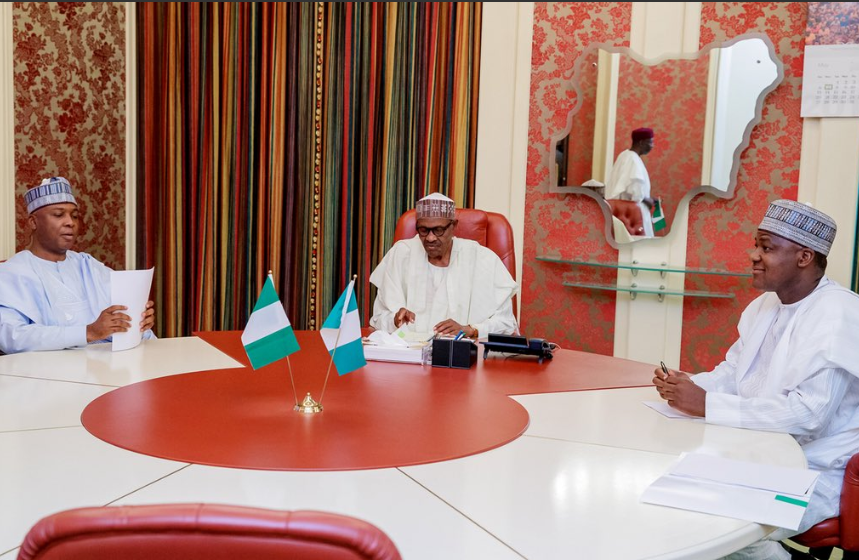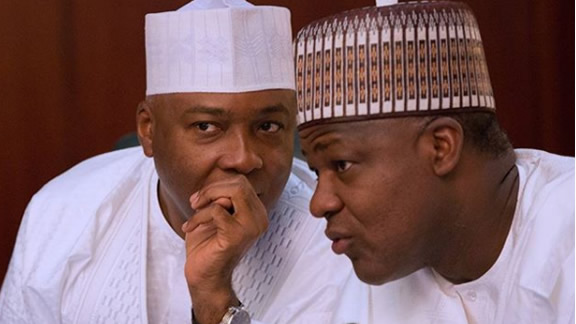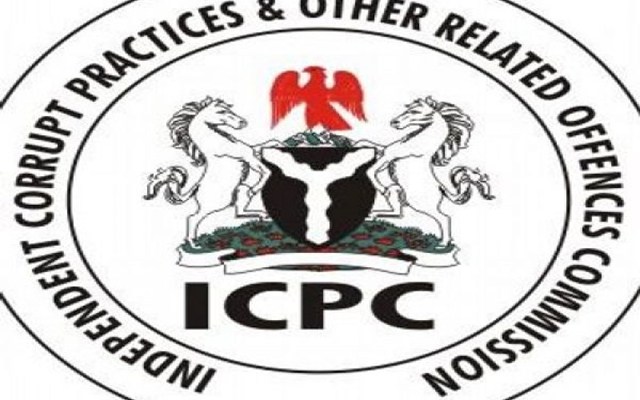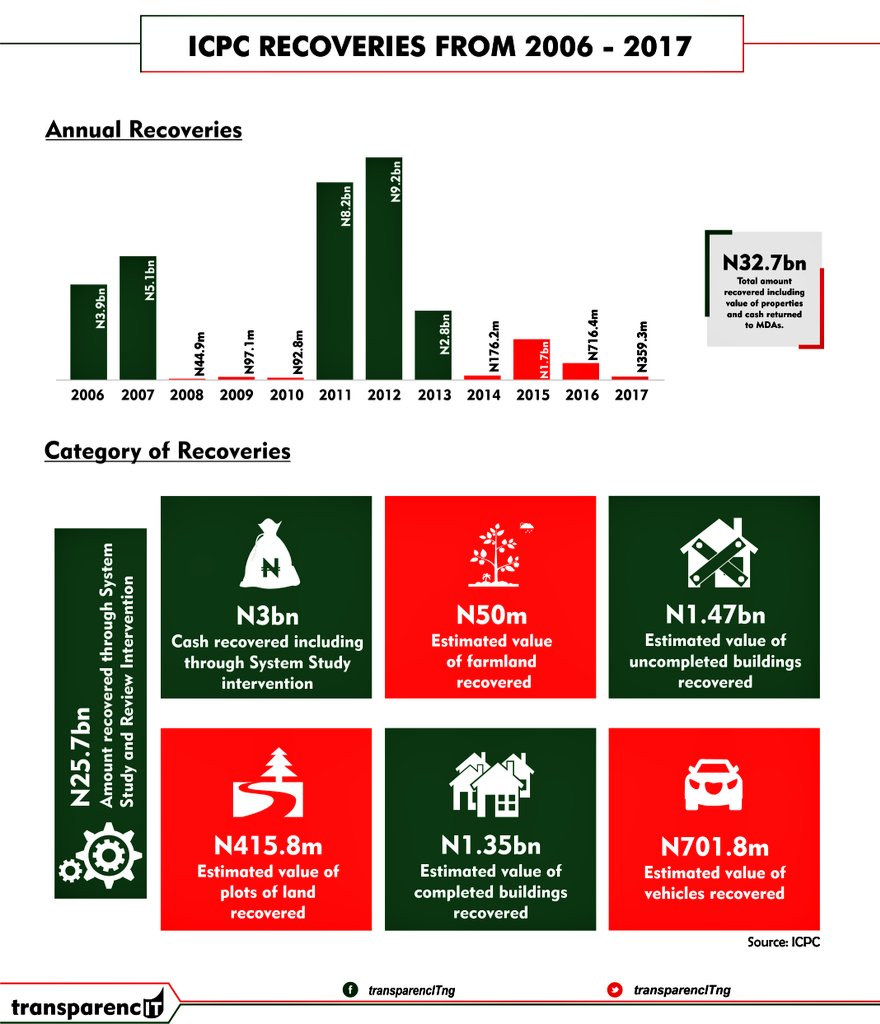The Independent Corrupt Practices and Other Related Offences Commission (ICPC) Tuesday said senators and members of the House of Representatives who failed to execute constituency projects will be prosecuted.
Also, all companies engaged for the failed or abandoned projects will face trial.
But the commission, however, opposed to plea bargain by corrupt elements because the nation’s laws allow it.
Over N1trillion has been released by the Federal Government for constituency projects since 1999. The funds include the N200 billion by the administration of President Muhammadu Buhari from 2015 to 2017.
More than 2,345 senators and representatives have benefitted from constituency projects since 1999.
About 37 per cent to 40 per cent of the projects have either been completed or ongoing in the last 20 years.
Many senators and representatives were found to have diverted the funds, using their personal companies. Some abandoned the projects.
Of the 2,516 projects tracked by BudgIT Nigeria between 2015 and 2017, 918 were not done, 395 are ongoing and 214 cannot be located.
The Chairman of ICPC, Prof. Bolaji Owasanoye, yesterday said the anti-graft commission had demanded a list of all constituency projects and presented budgets to make senators and representatives account for the funds they got.
Owasanoye, who spoke at the launch of Constituency Projects Tracking Group (CPTG), said ICPC will also publish the names of those behind the project failures.
The tracking will cover outgoing senators and Representatives in the 8th National Assembly.
He said ICPC was collaborating with the Nigerian Institute of Quantity Surveyors (NIQS) to evaluate whether or not the projects executed were commensurate with the budgetary allocations.
The ICPC chairman said: “We are mindful of the fact that this is a Herculean task as constituency projects dot the entire landscape but we will overcome the challenges one way or another.
“Where contractors and or politically-exposed persons have diverted funds for projects, we will pursue them to either complete the projects as initiated, return the funds or face prosecution.
“Affected companies and their directors will also be prosecuted. We also hope to publish the names of those behind the project failures for possible social sanctions in their communities.”
Owasanoye regretted that constituency projects had been turned into avenues of corruption.
He added: “Constituency projects are intended for developmental projects, such as provision of water, rural electrification, rural clinics, schools, community centres and bursary for indigent students.
“In the light of annual budgetary allocations to constituency projects and based on actual releases by the government, it is firmly believed that the impact of constituency projects on the lives of ordinary Nigerians ought to be more visible.
“Regrettably, available statistics from open sources paint a bleak picture of the level of performance or delivery of constituency projects.
“Over the years, constituency projects have become enmeshed in controversy among non-state actors, the promoters of the projects and the communities that are supposed to benefit from the projects.
“The concern is that in Nigeria, rather than address the needs of constituents; many constituency projects have become avenues of corruption.”
Owasanoye gave some three-year statistics which revealed how senators and Representatives have paid lip service to constituency projects.
He said: “The level of implementation of constituency projects in 16 focus states for 2015 is revealing. Out of 436 constituency projects for the year that were tracked, 145 were completed, 77 ongoing while 211 were not executed at all.
“For 2016, out of a total of 852 constituency projects in 20 states in the 2016 Budget that were tracked, 350 were completed, 118 were ongoing, 41 locations not specified in the budget and 343 not done or performed.
“In 2017, a total of 1,228 constituency projects in the budget were tracked for performance as at June 2018. Out of these, 478 were completed, 173 in unspecified location, 200 ongoing, 13 abandoned and 364 not started. The level of performance of constituency projects is therefore disputable.”
The ICPC chairman unfolded plans to collaborate with the media and Civil Society Organisations to fight corruption.
But he warned against reckless whistleblowing and declared that the commission will deal with anyone who misleads it.
He said: “We hope to have a robust relationship with the media and civil society. Not just in Constituency Project Monitoring and role of CSOs and media as partners in giving credible intelligence and evidence of corruption rather than generalised accusations or allegations of wrongdoing but specifics that help to make investigation seamless.
“We also want to caution CSOs to avoid misleading ICPC with intelligence that have no foundation in the name of whistleblowing. We have had one or two experiences of reckless and irresponsible allegations of wrongdoing against prominent citizens provided by CSOs.
“But for the cautious approach of the commission, the outcomes would have been embarrassing. We want to say loud and clear that there will be dire consequences in accordance with the law for anyone that misleads the commission.”




